I’m gearing up to resurrect my Gaslight Heroes campaign setting and I’m thinking through which system will be the best fit for my game group while running games virtually. Here is the criteria I’m considering.
Page 21 of 127
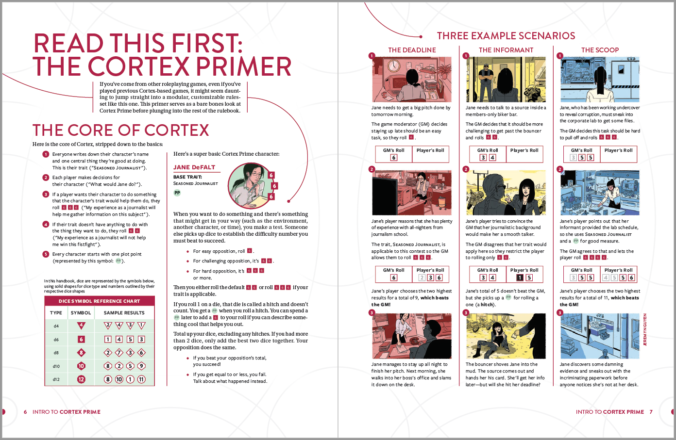
Top Stuff I Want To Run Someday (Late 2020 Edition)
Here is my latest thinking about the ‘stuff I’m itching to run someday’. Interesting how things evolve: see my posts in early 2020, early 2019, 2017, 2016 and 2014 of things I was itching to run in prior years.
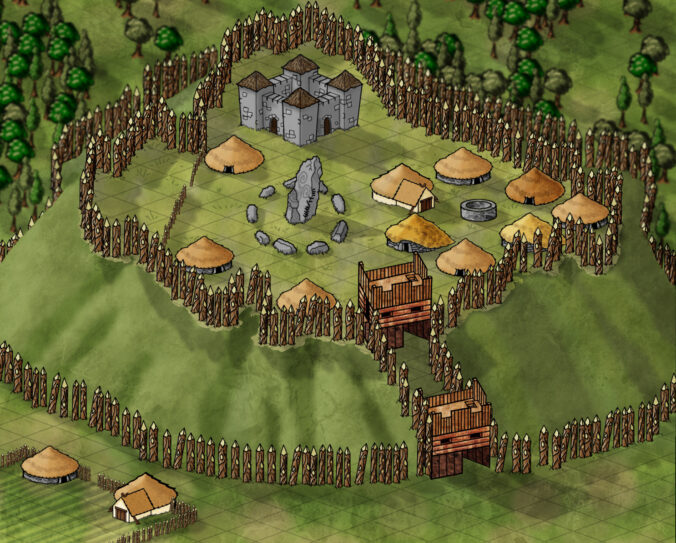
Heroes of Brittania One-Shot
This is a recap of a game we ran back on July 11, 2020 as a last-minute one-shot when our normal GM for that day couldn’t make the game. We used my own home-brew D6 rules with a few setting rules. Other than a brief situation that Stan the GM outlined, the scenario and setting details were developed on the fly just prior or during the game. Mason’s DicehavenCon V con game will (I think) be somewhat of a continuation of this setting, although using the ‘Wolves of God RPG rules.
The game opens at a feast at Cyneweard, the Ealdorman of Altham, holding a feast on A.D. 791, June 18th, to celebrate the Summer Solstice.
Due to COVID-19, San Diego Comic-Con has all their panels online so you can view them at home this year (they did this in past years to some extent, but the support this year is more extensive).
I was experimenting some more with my Paper app on my iPad to mock up how I’ll likely run my DicehavenCon V Conan game. I created a custom ‘wallpaper’ with areas to track Doom and Momentum. Using a stylus I can sketch maps, write down initiative (for games that use it; Conan actually does popcorn initiative instead), and generally keep that fast, freeform theater-of-the-mind with some rough maps GM style that I prefer. Also, with Zoom, players can mark up and annotate the map as well and move their drawing around (effectively, using tokens).
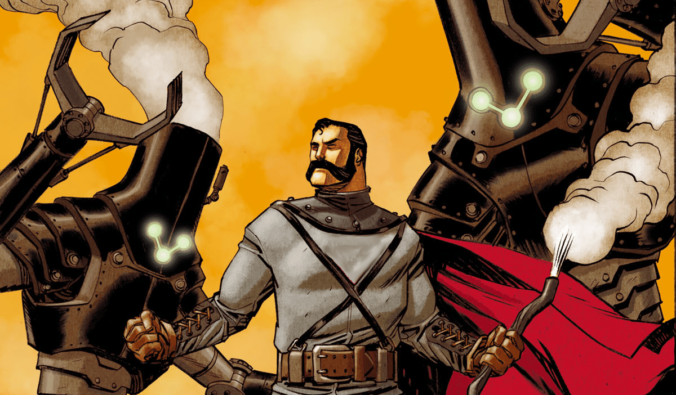

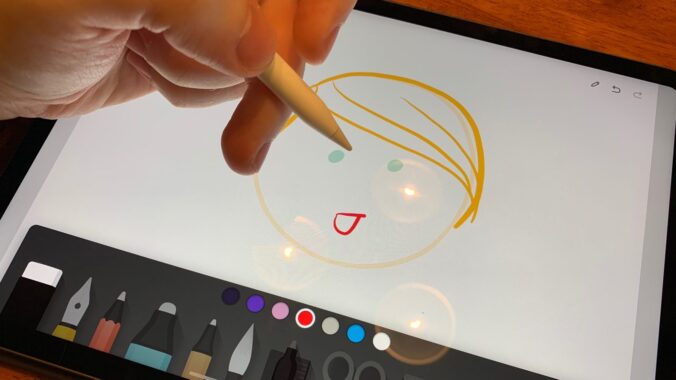
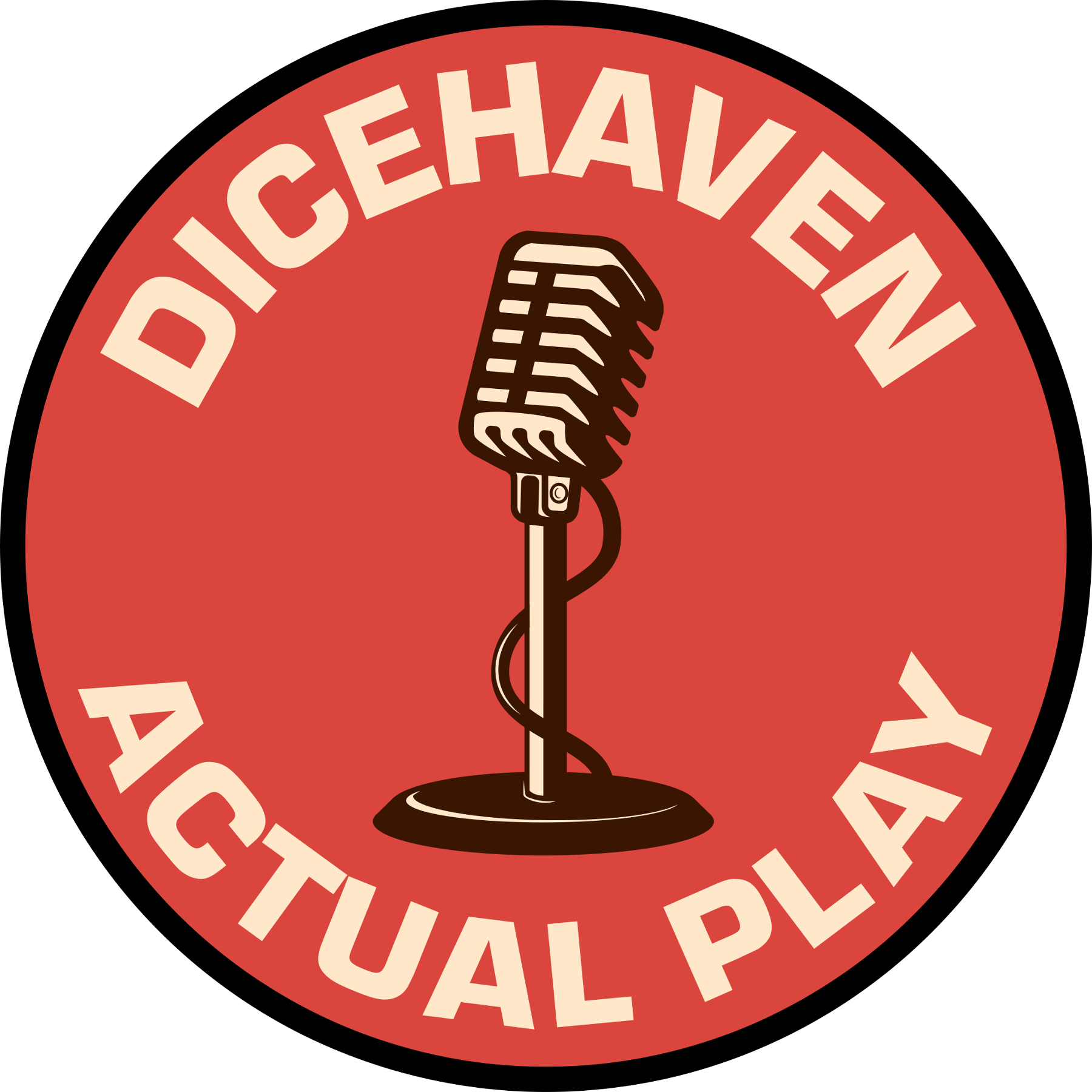
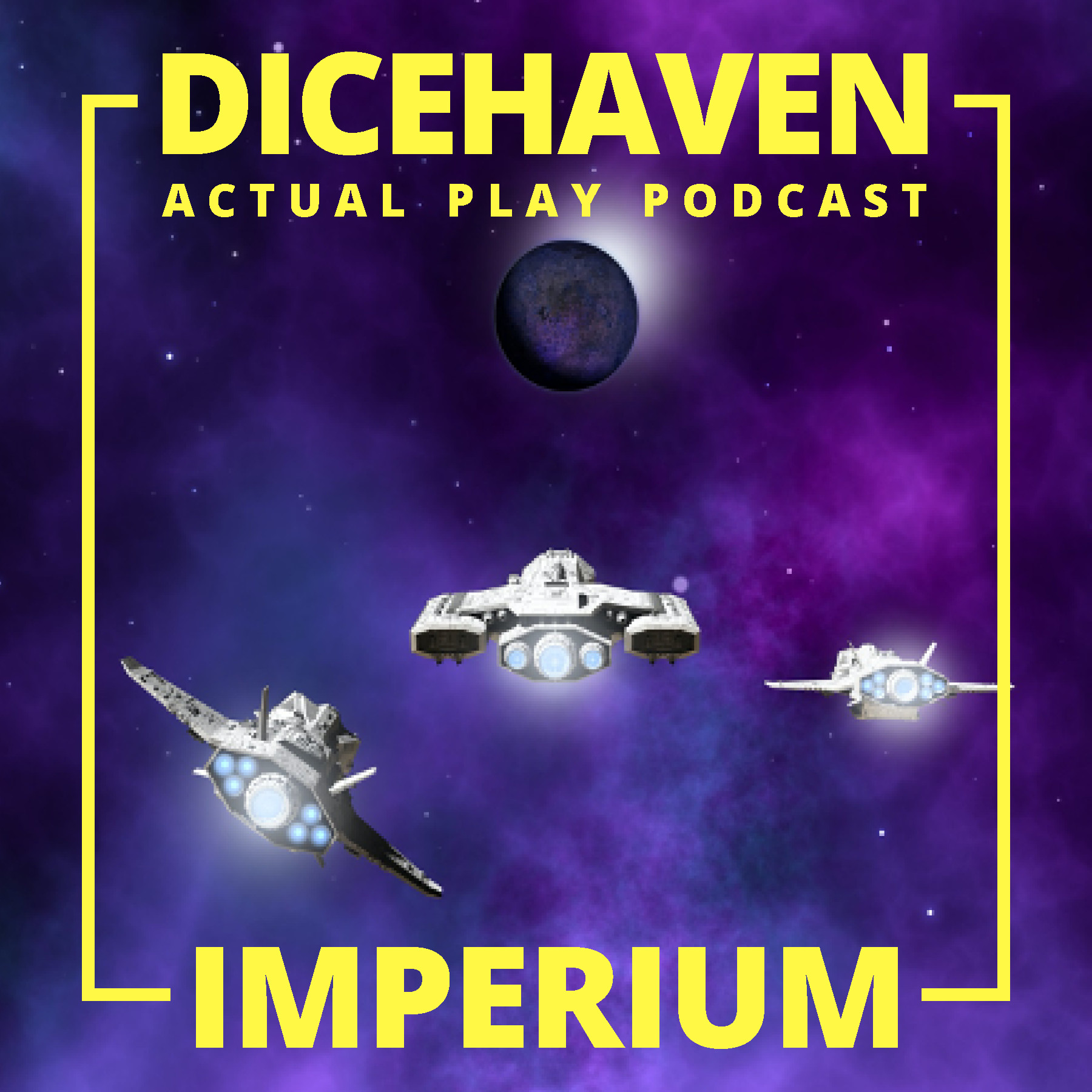
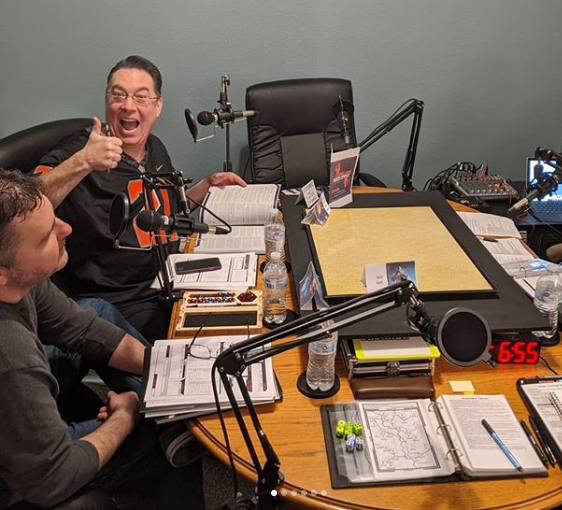
Recent Comments